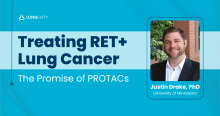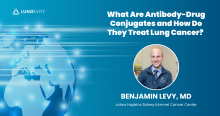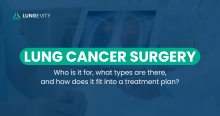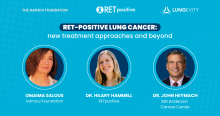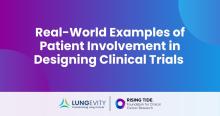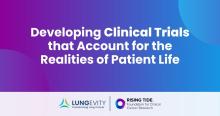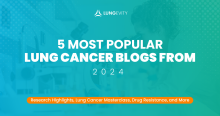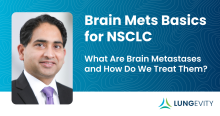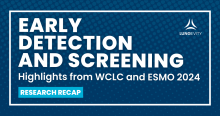The Promise of PROTACs for Treating RET+ Lung Cancer
RET proteins are a type of receptor tyrosine kinase—an important group of signaling molecules in healthy cells. When RET proteins are turned “on” and “off” in healthy cells, they control the function of other proteins. This cascading effect allows the cells to manage important cellular functions such as cell growth through protein signaling pathways. When specific changes (such as mutations or fusions) occur in RET proteins, they can become hyperactive, disrupting many important functions in the cell including growth, proliferation, and cell death, that lead to the development of cancer

